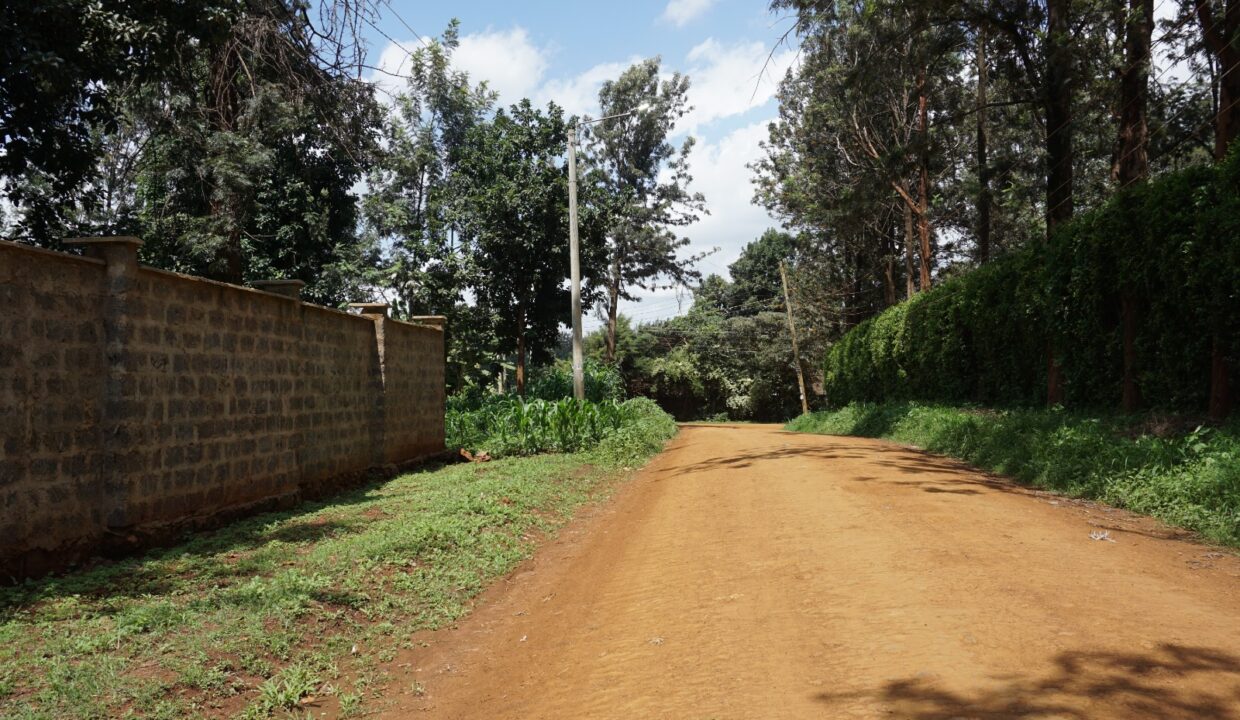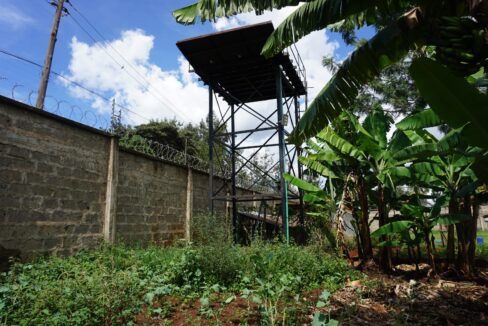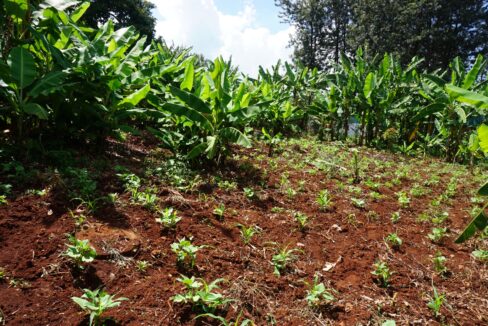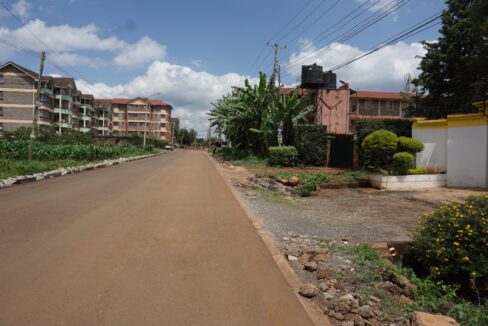
In October 2025, the President signed two landmark laws that are shaping land management in Kenya: the Land (Amendment) Act, 2025 (Act No. 21 of 2025) and the National Land Commission (Amendment) Act, 2025 (Act No. 22 of 2025). Both Acts commenced on 4 November 2025 and introduce important measures for transparency, accountability, and security in land ownership and administration.
Modernizing Land Registration and Public-Purpose Allocations
The Land (Amendment) Act updates the Land Act, 2012, with a focus on proper registration and clear ownership. Key points include:
Registration of Public Land: Any land allocated by the National Land Commission to a public body or institution must be registered with the Chief Land Registrar. Once registered, a notice must be published in the Kenya Gazette, giving legal recognition and reducing the risk of disputes.
Private Land Set Aside for Public Purpose: If a private individual or a land-buying company sets aside land for public purposes, such as schools, roads, hospitals, or parks, the Registrar is legally required to register it. Gazette publication also applies, ensuring transparency and official recognition.
Protection of Private Titles: Private freehold and leasehold titles remain valid. The Act does not convert private freehold land into leasehold or impose new fees. Digital record-keeping is encouraged, but full electronic procedures will be detailed in upcoming regulations.
This section of the Act ensures that both public and private contributions to community land purposes are recognized and legally secured.
The NLC’s Expanded Role in Land Oversight
The National Land Commission (Amendment) Act, 2025 strengthens the Commission’s powers to ensure fairness in the management of public land:
Review of Past Land Allocations: The NLC must, within five years, review all grants or dispositions of public land issued before 27 August 2010. This includes investigating complaints from governments, communities, or individuals and giving affected parties a chance to be heard. Titles found unlawful can be revoked, and irregular allocations corrected. Bona fide purchasers without notice of defects are protected.
Addressing Historical Land Injustices: The NLC can investigate grievances related to colonial occupation, independence-era displacement, unfair adjudication, politically motivated evictions, corruption, and development-induced displacement without adequate compensation. Remedies may include restitution, compensation, resettlement, creation of easements, revocation and reallocation of land, or other legal orders.
Transparency and Implementation: All determinations must be published in the Kenya Gazette, and authorities are required to implement remedies within three years. Regulations will further operationalize these processes, and certain provisions are time-bound to five years to ensure completion.
What This Means for Landowners and Investors
Even if your property is privately owned, it is essential to:
- Verify that your land titles are properly registered and up to date.
- Stay aware of Gazette notices if your land is adjacent to public or community allocations.
- Understand that past land allocations, especially before 2010, could be reviewed, but bona fide owners and purchasers are protected.
- Monitor upcoming regulations that will provide detailed procedures for digital registration and electronic transactions.
Together, the Land (Amendment) Act and the NLC (Amendment) Act create a transparent, accountable, and secure framework for land in Kenya. The laws clarify ownership, protect private titles, and strengthen oversight for public and historical land matters.




